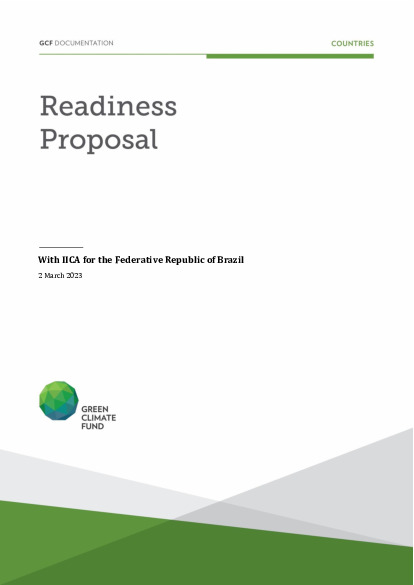Improving Brazilian’s capacity to support the development of a national sustainable solid waste Management program in the coastal zone

Improving Brazilian’s capacity to support the development of a national sustainable solid waste Management program in the coastal zone
Greenhouse gas (GHG) emissions form the waste sector are mainly due to the anaerobic decomposition process occurring at the final disposal of solid waste in managed or unmanaged landfills, as well as during the treatment of wastewater. In 2016, the solid waste subsector in Brazil contributed 39,001 GgCO2e, or 59.1% of the total emissions 65,954 GgCO2e from the waste sector.
More than 80% (2,655 of 3,256 sites) of the dumps that should have been closed in 2014 remain in operation. In 2020, new deadlines were established for closing dumps, extending them to the year 2024, according to the number of inhabitants. Thus, national and subnational authorities, especially small municipalities (i.e., municipalities with population under 50,000 inhabitants) must continue to deal with the closure of dumps; however, they have a limited knowledge and technical and policy guidance for the adoption of low-carbon, climate-resilient MSW management policies and practices.
This proposal will promote the development of knowledge of the status of MSW management in the coastal zone of Brazil, follow by the elaboration and dissemination of technical and policy guidelines, and tariff’s recommendations, for MSW management, and ending with the of one pilot prefeasibility study of an open dumps closure to replace it by a regional sanitary landfill that incorporate climate change mitigation measures.